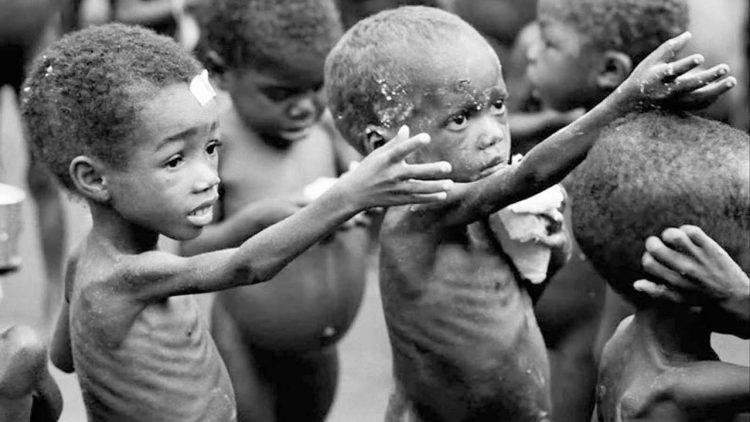Nigeria ranks second on child malnutrition with 17m, say FG, NI
The Federal Government and the global nutrition organisation, Nutrition International (NI) have said at least 17 million Nigerian children are malnourished, making Nigeria the country with the highest burden of malnutrition in Africa and the second highest globally.
The Director of Health and Nutrition, Federal Ministry of Health, Dr. Binyerem Ukaire, said malnutrition has remained a significant public health problem despite huge investments.
Ukaire spoke during a meeting to disseminate the findings of the home fortification implementation research using Small Quantity Lipid-based Nutrient Supplements (SQLNS) and Multiple Micronutrient Powders (MNP) administered to eligible target populations in the Federal Capital Territory, Nigeria on Wednesday.
Ukaire said the major underlying causes of malnutrition in Nigeria included poor infant and young child feeding practices, poor access to and consumption of a safe nutritious diet rich in both macro and micronutrients, inadequate access to healthcare, water, and sanitation, and a high level of poverty.
He said: “The Federal Government of Nigeria has made a concerted effort in collaboration with development partners to reduce the burden of malnutrition in the country.”
The Country Director, NI Nigeria, Dr Osita Okonkwo, said malnutrition was not just a chronic problem but an urgent problem that the Federal Government must find solutions for.
Presenting the summary of findings, Okonkwo said the implementation fidelity of the project was high with appropriate targeting of poor households with under-five children as beneficiaries and appropriateness of the intervention context.
He said caregivers’ perception is improving with increasing duration of the intervention and acceptability of the MNPs by the children and caregivers is generally high.
Okonkwo said key drivers of adherence included perceived improvements in health, appetite, strength, and physical growth of index children benefits
He noted that Integrated Community Outreach Clinics had demonstrable potential, capacity, and acceptability to distribute MNP and other nutrition commodities.
He, however, said supervision and logistic supply needed to be strengthened to ensure the teams deliver the commodity according to plan.
“Similarly, improved engagement with other stakeholders such as community gatekeepers and household heads can increase acceptability and utilisation of MNP in households,” he said.








